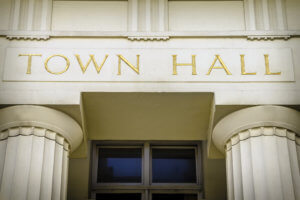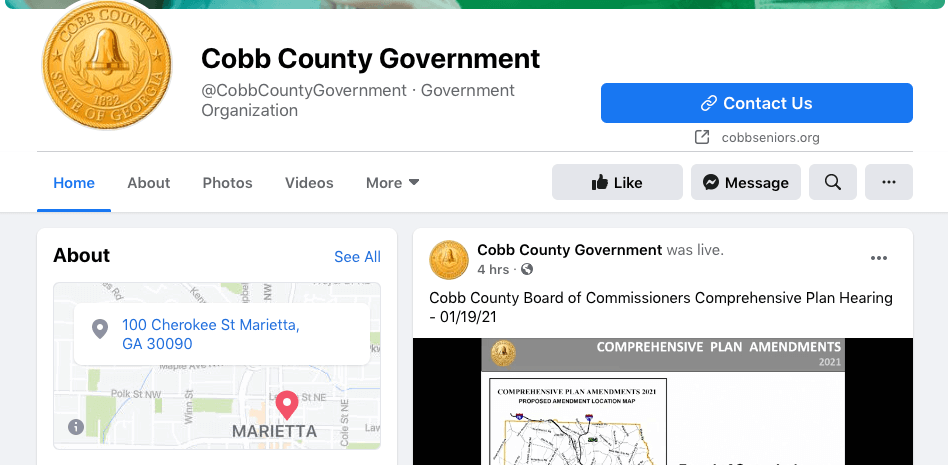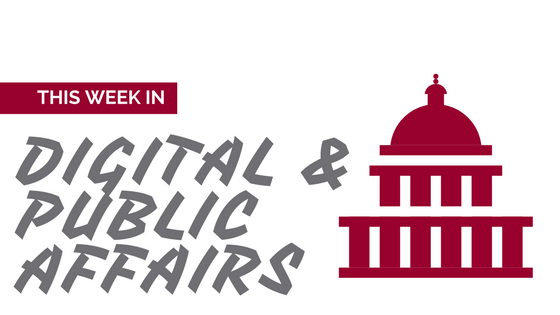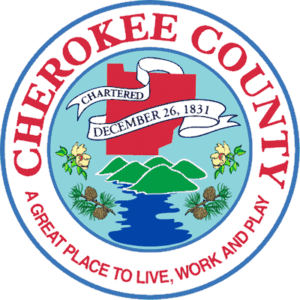5 Ways Local Governments Can Improve Their Social Media During COVID-19
COVID-19 has created a major shift to digital when it comes to the way local governments provide services for and engage with their citizens. Local governments are tasked with keeping their citizens safe and informed both regarding the COVID-19 pandemic and the other many services they provide. Local governments must also be responsive to their citizens’ concerns while also working to keep the calm and provide reassurance during challenging times.
One tool that can be utilized by local governments are their various social media pages. Facebook, Twitter, and Instagram are great ways to keep in communication with citizens while also providing important timely information and creating an open dialog for people to voice suggestions and concerns. Below are five useful ways your team can begin utilizing your social media during COVID-19 and beyond.
- Emergency Alerts, News, COVID-19 Updates
In these times of uncertainty, it is essential to be able to relate any emergency alerts, updates, and new COVID-19 developments to your community as quickly and efficiently as possible. Not everyone has social media, so it should not be your main line for communicating these items, but it is a useful channel. This can be anything from severe weather warnings to school closures due to COVID-19.
It is important when relaying this type of information to do so in a reassuring and confident tone. Make sure to avoid use of all caps, exclamation marks, or language that may cause panic. You do want to be sure people are aware of any danger or risks and take these seriously, but it is also good to let them know the local government is doing everything it can to help.
- Important Meetings
Though meetings and public hearings may not be taking place in person, many local governments are holding official public meetings through Zoom and other virtual meeting platforms. Making sure your citizens have plenty of notice of upcoming virtual public meetings as well as all the necessary details, such as Zoom links and passwords, is crucial to making sure people in the community have the opportunity to attend these meetings and provide public input.
Posting this information on your social media accounts can also allow you to gauge public interest in a policy or topic, answer questions, and get an idea of the things people are saying about an issue by viewing the likes and comments. Be sure to keep a close eye on the comment section, so you can respond in a timely manner and answer any questions that may arise. Speaking of comments, have clear conduct guidelines in place to avoid any misinformation or inappropriate posting on your government’s pages.
- Be Open and Responsive
With many local government buildings having limited access to the public, many people may have trouble getting in contact with local officials they would like to talk to. It may not be possible to respond to every comment on each post; but utilizing apps such as Facebook Messenger allows for citizens to send direct messages. These should be checked and replied to in a timely manner as this will build trust while providing answers and letting the people of your community know their voices are being heard.
You should also have a visible link to your government’s website and contact us page that will allow an email or direct message to be sent if you
are unable to check the social media messaging apps. A great example is Cobb County, Georgia’s Facebook page pictured below, in which they have multiple options for contacting them prominently at the top of their Facebook page.
- Assisting Local Law Enforcement
Another important use for local government social media is assisting local law enforcement in spreading any important alerts or information. They can share missing children alerts, be on the lookout (BOLO) alerts, and even public service announcements and safety tips to help keep the community safe. Many local law enforcement agencies have their own social media accounts, but local government can help by sharing any important public safety messages on main accounts.
Traffic alerts, road closures, and construction news can also be shared to help keep people informed of possible detours, traffic patterns, and accidents in their area. This can help prevent frustration and keep traffic flowing smoothly on local roads.
- Messages of Hope and Positivity
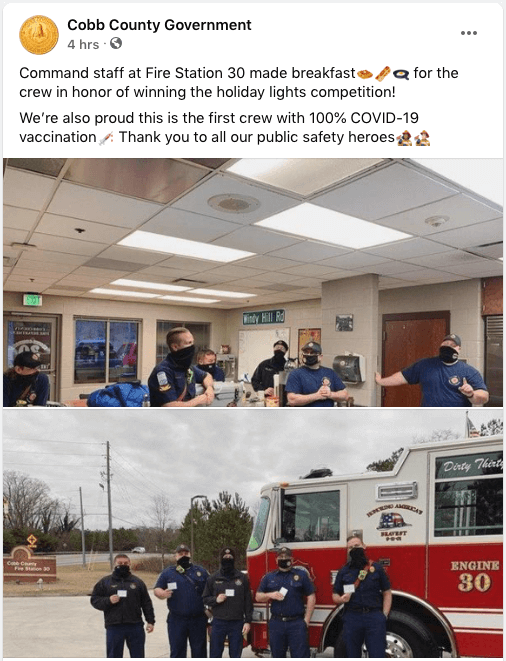 COVID-19 has been hard on everyone. It is important to provide hope and positivity for the people of your community and let them know that brighter days are ahead. Things such as inspirational quotes, news about successful fundraisers, happy stories from around town, and messages of positivity from elected officials can go a long way in turning the tide of negativity and allowing you to bring some light into your community. Though times are difficult right now, as communities, we can come together and get through it; people need to be reminded that there is light at the end of the tunnel.
COVID-19 has been hard on everyone. It is important to provide hope and positivity for the people of your community and let them know that brighter days are ahead. Things such as inspirational quotes, news about successful fundraisers, happy stories from around town, and messages of positivity from elected officials can go a long way in turning the tide of negativity and allowing you to bring some light into your community. Though times are difficult right now, as communities, we can come together and get through it; people need to be reminded that there is light at the end of the tunnel.
Your local government’s social media accounts are a powerful tool for keeping connected with your community and making sure the wheels keep turning. It also allows the people to know their voices are important and being heard. It also allows your citizens to attend local public meetings and be a part of important decisions that affect their community. And finally, it can bring messages of hope and positivity to your community during these challenging times. So please make sure you are utilizing your local government’s social media accounts, and if you need help with strategies and ideas for your community, contact us here.
